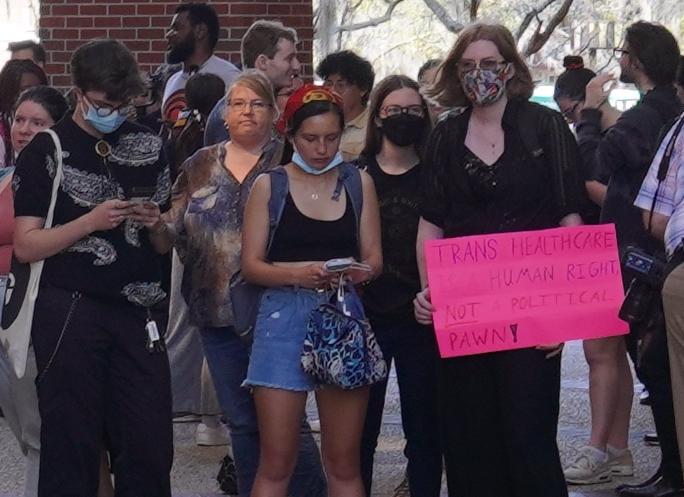Parents are being pressured into transitioning their children by gender clinics, according to a new study, with the parent-child relationship suffering a qualitative drop following such procedures.
The study, published in the “Archives of Sexual Behavior” on March 29, looked at the impact of rapid onset gender dysphoria (ROGD) among adolescents and young adults (AYA) as well as how it affected their relationship with parents.





